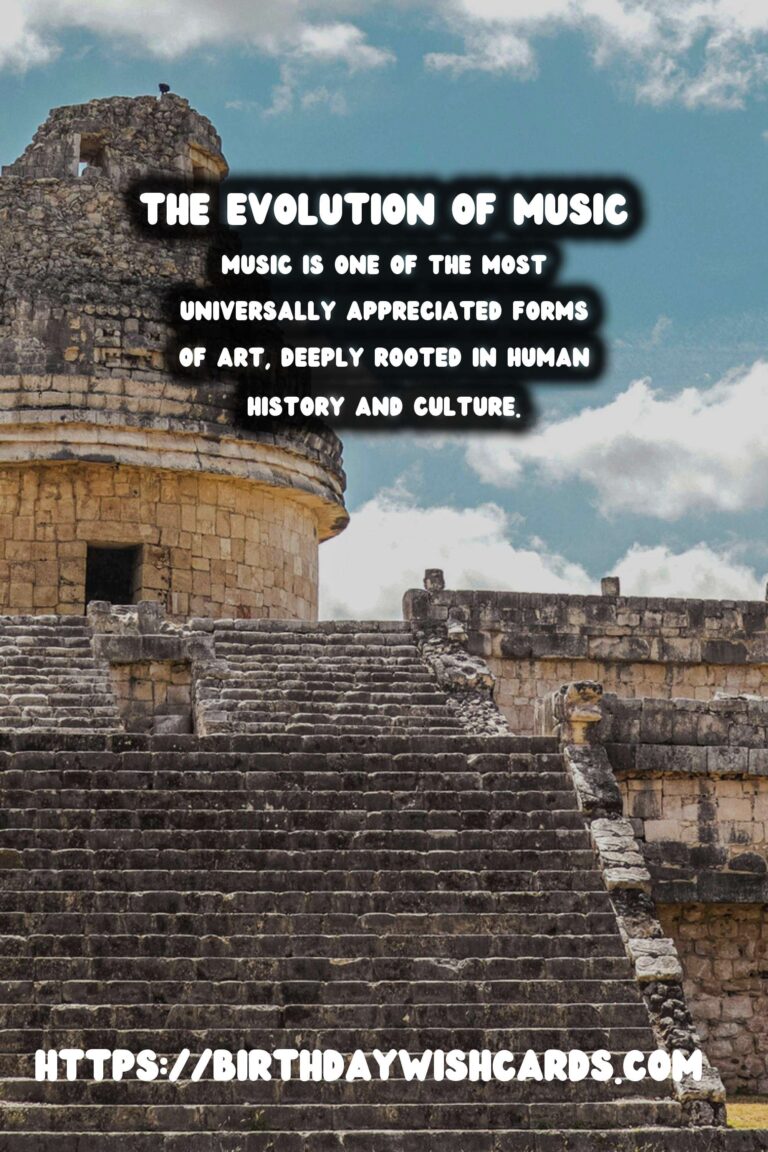
Music is one of the most universally appreciated forms of art, deeply rooted in human history and culture. Traversing from ancient times to the contemporary era, music has evolved remarkably while maintaining a significant influence on societies worldwide.
Ancient Beginnings
Music’s journey begins in prehistoric times when primitive instruments and vocal expressions formed the basis of musical creation. Archaeological findings suggest that early humans used simple flutes made from bird bones and mammoth ivory, dating as far back as 40,000 years ago.
These rudimentary instruments served as a precursor to elaborate musical systems that developed in ancient civilizations. In Mesopotamia, for instance, music played a crucial role in religious ceremonies and royal events. Similarly, in ancient Egypt, instruments like the harp and lyre were integral to the cultural and spiritual landscape.
The Classical Era
The classical era marked a significant transition in the evolution of music. Ancient Greece stands out with its ethos of music connected to education, philosophy, and wellness. The Greeks developed musical theories, and their emphasis on modes laid the groundwork for Western music scales.
During the Roman era, music became more sophisticated, with an increased use of instruments in theatre and public events. The establishment of the Roman Empire facilitated the spread of music across Europe, influencing future generations.
Medieval and Renaissance Music
Moving into the medieval period, music was predominantly influenced by the Church. Gregorian chants, characterized by monophonic, unaccompanied vocal music, were prevalent. The development of polyphony in the Renaissance marked a shift towards more complex musical compositions.
Composers such as Josquin des Prez revolutionized music by introducing intricate patterns and harmonies, thus paving the way for the baroque period.
The Baroque and Classical Periods
Baroque music, flourishing between the 17th and 18th centuries, saw the advent of elaborate musical ornamentation and new forms like the concerto and sonata. Composers like Johann Sebastian Bach and George Frideric Handel became iconic figures with their orchestral compositions.
The subsequent classical period brought forth luminaries such as Wolfgang Amadeus Mozart and Ludwig van Beethoven. Their contributions to symphonies, operas, and chamber music remain highly revered to this day.
The Romantic Era
The 19th century witnessed the Romantic era, where emotion, nature, and expression took precedence in musical compositions. Composers like Franz Schubert and Richard Wagner embraced nationalism and individuality, creating music that resonated with diverse audiences.
Modern and Contemporary Music
As the 20th century unfolded, music underwent rapid transformation with the advent of new genres and technologies. Jazz, blues, and rock emerged, shaping modern music culture and influencing future genres like pop, hip-hop, and electronic music.
The digital revolution of the 21st century has further transformed music through streaming platforms and social media, making it more accessible and diverse than ever before.
Conclusion
From primitive sounds to modern beats, the history of music is a testament to human creativity and cultural development. It continues to evolve, reflecting the changing times and transcending borders, enriching people’s lives globally.
Music is one of the most universally appreciated forms of art, deeply rooted in human history and culture. From primitive sounds to modern beats, the history of music is a testament to human creativity and cultural development. 
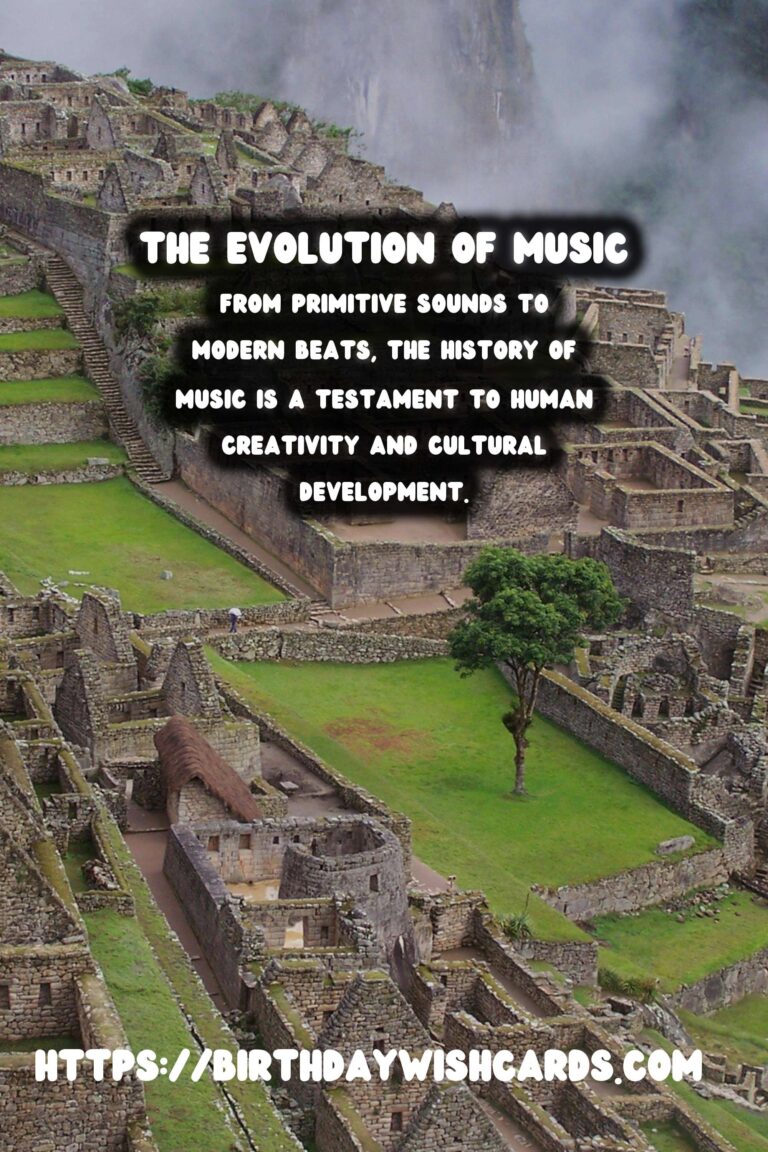
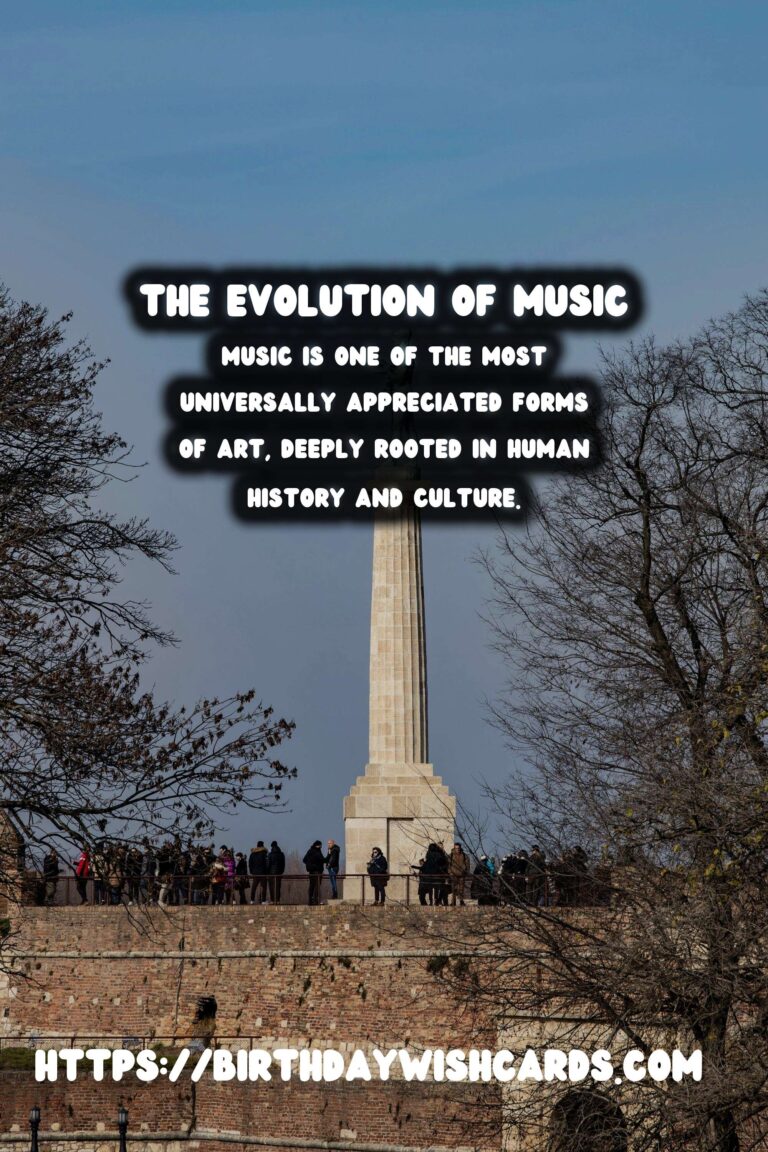
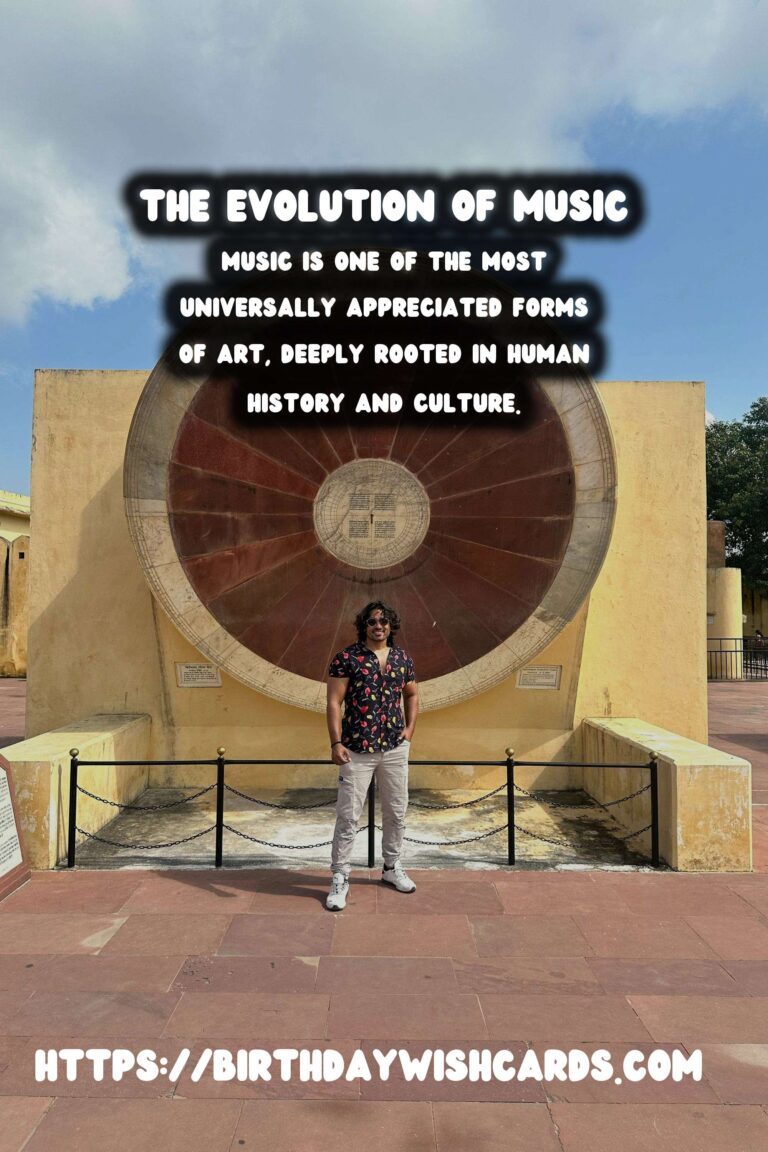
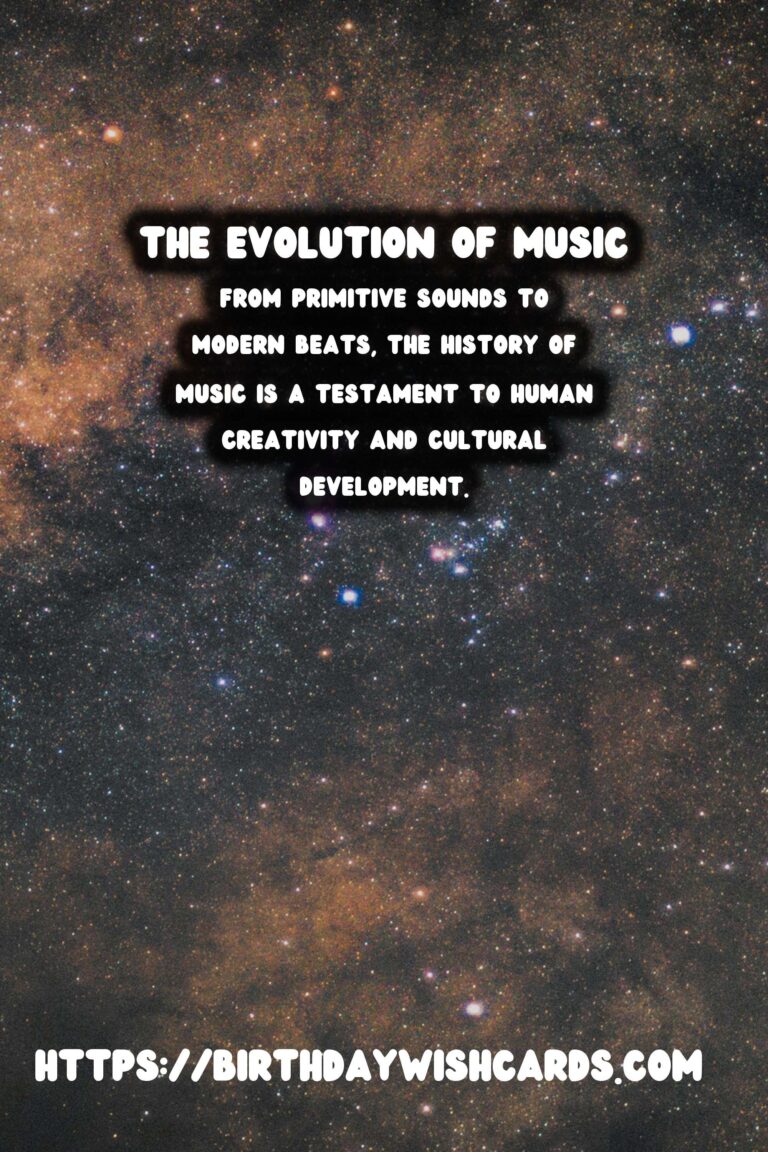
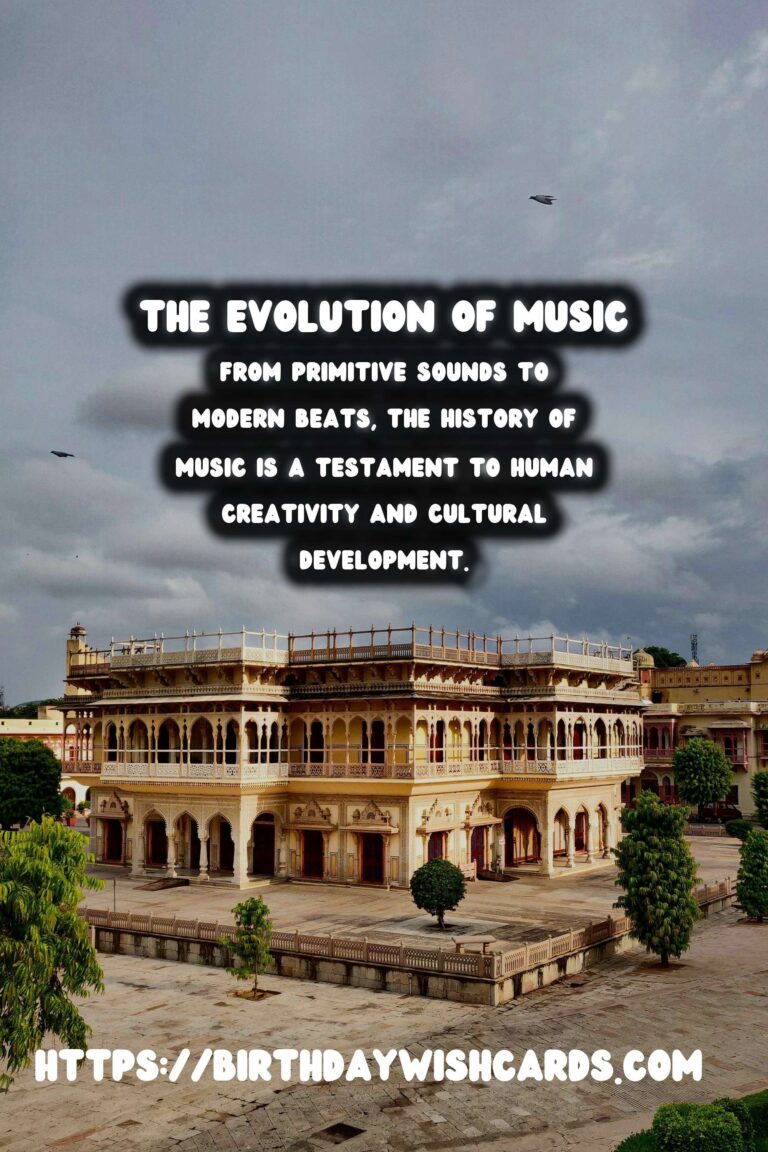
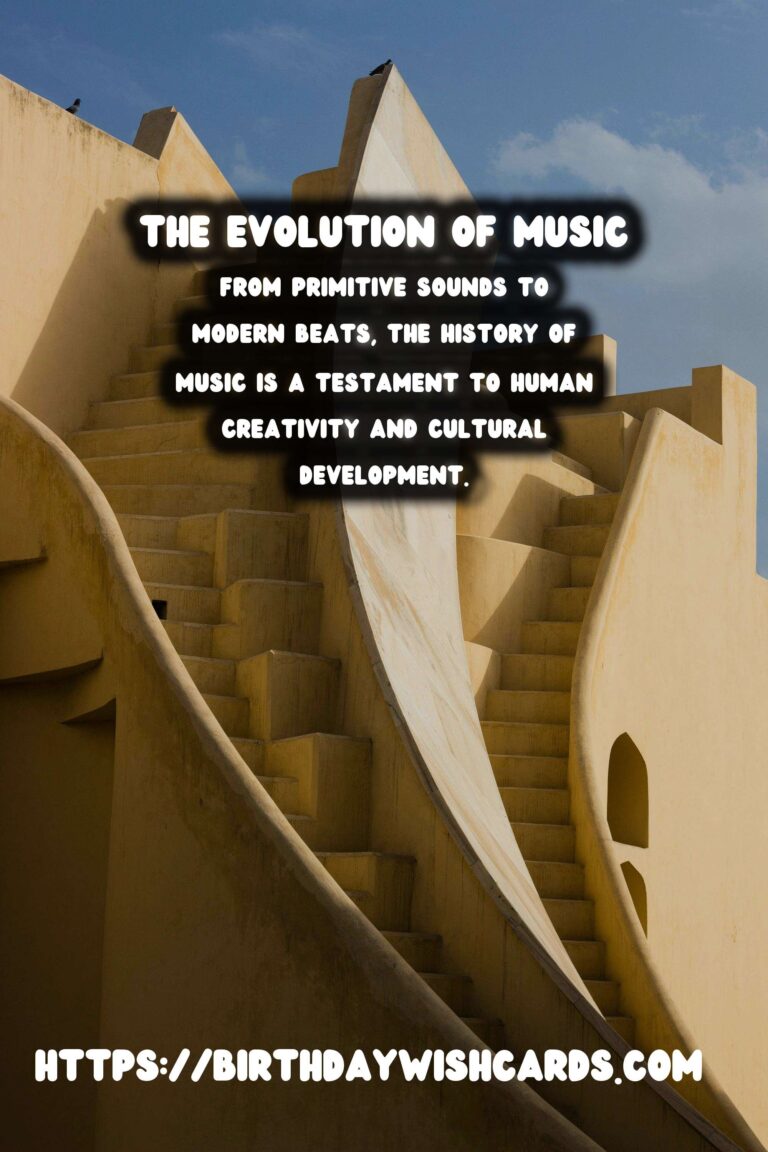
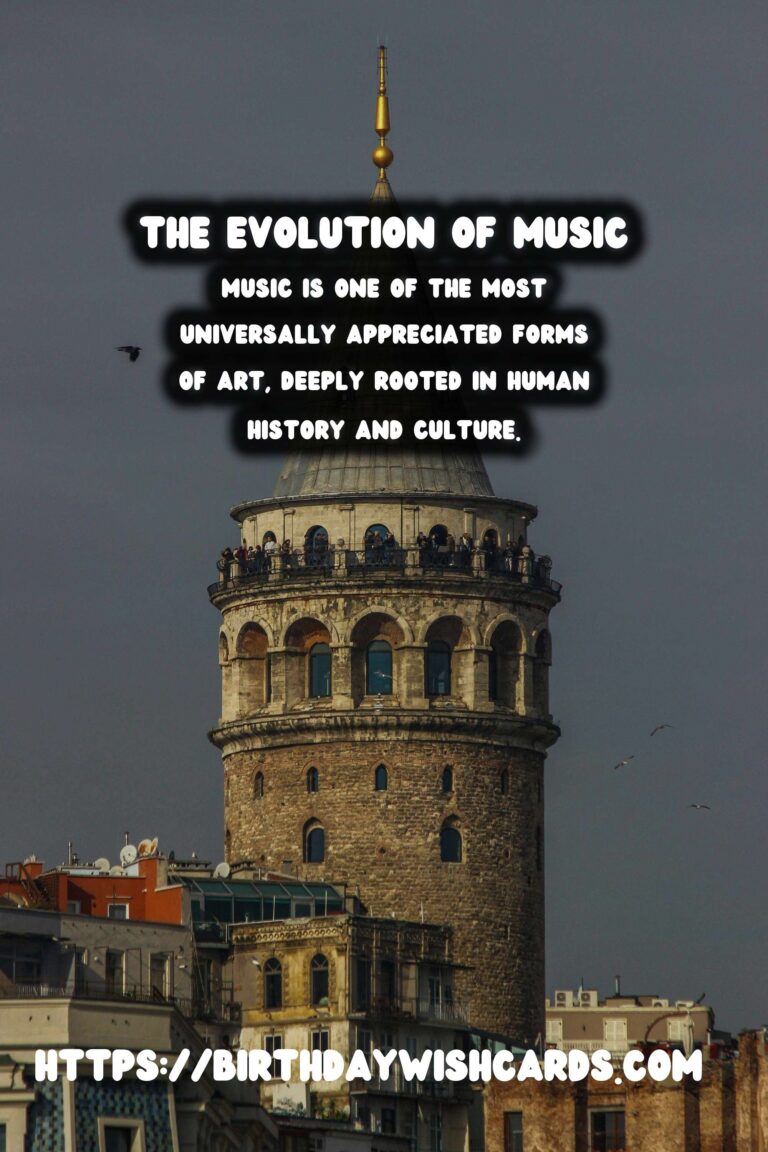
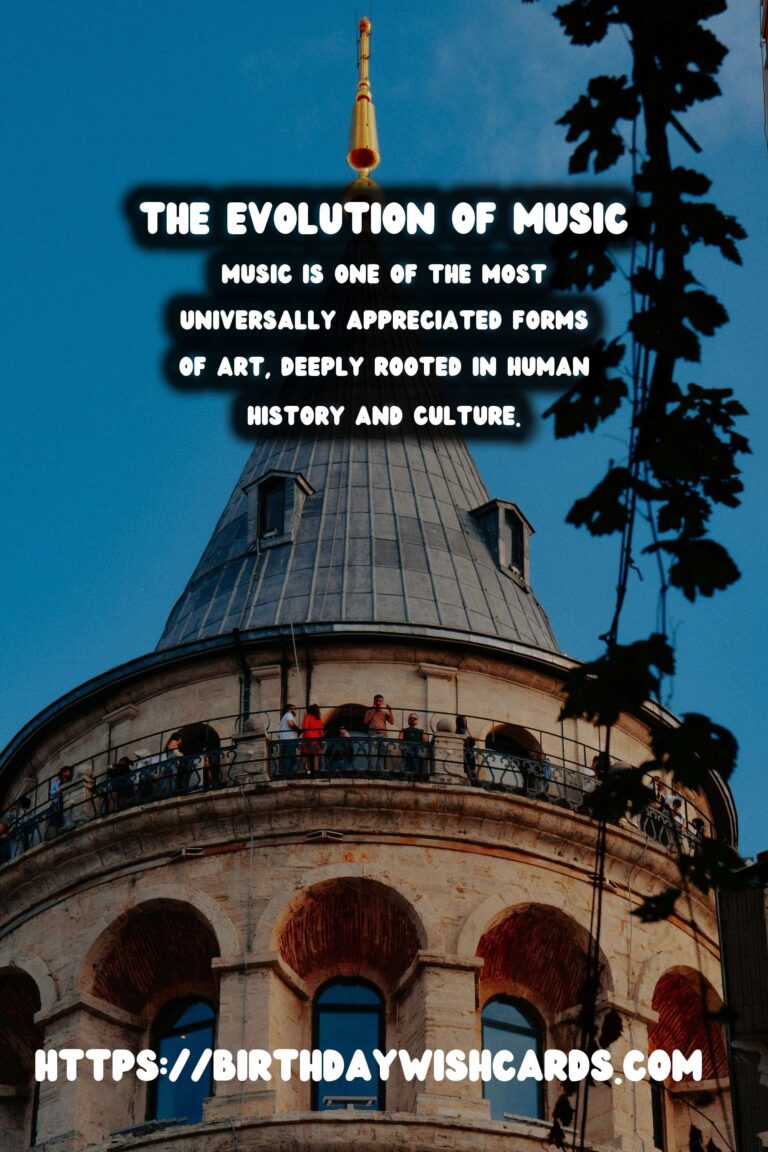
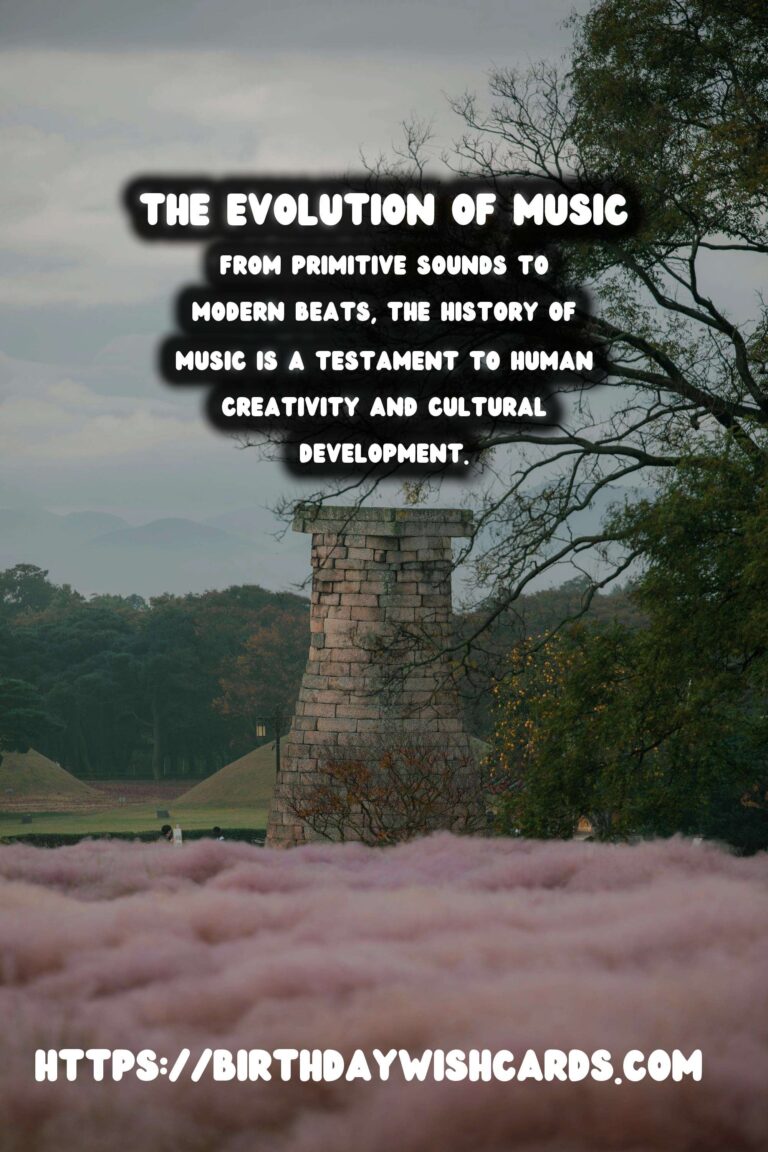
#MusicHistory #ModernGenres




